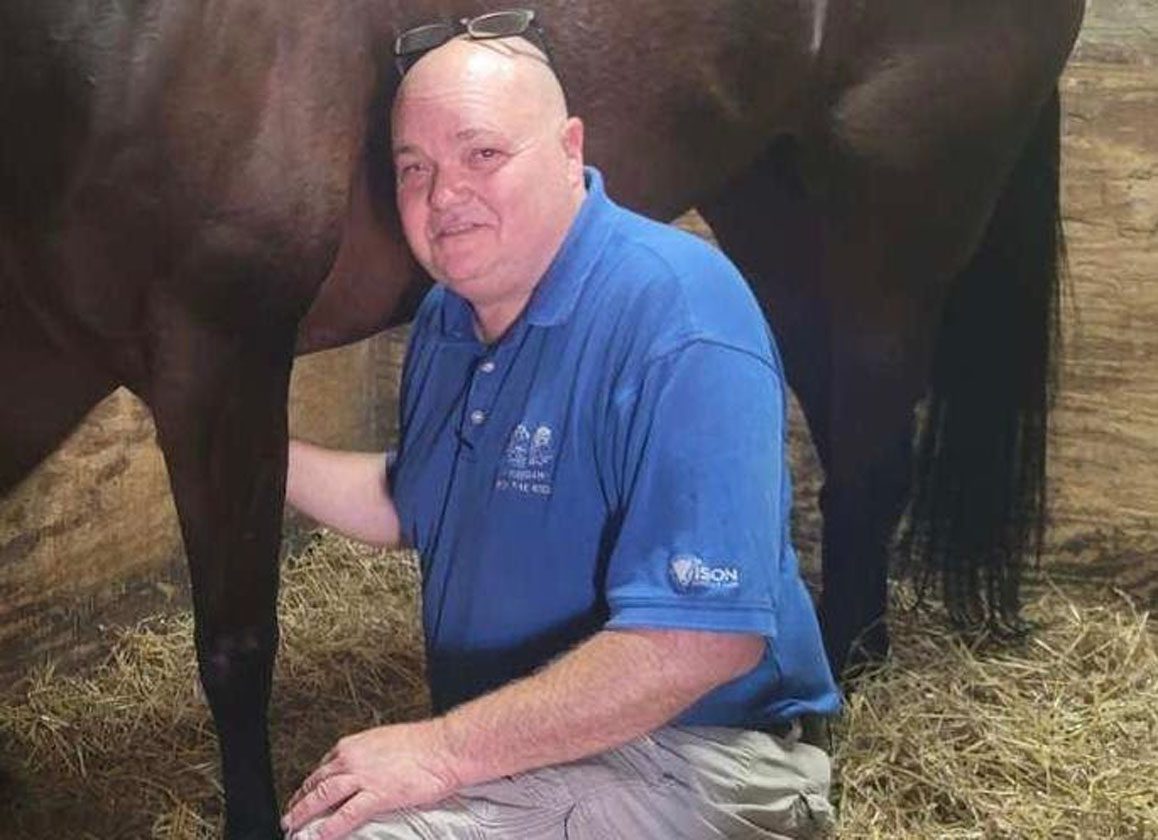In horse racing, the betting public counts on owners and trainers trying to win within safe and lawful parameters. A critical component associated with both is the private veterinary practitioners they employ to help prepare the horse for competition.
To date there is no evidence that the Horseracing Integrity & Safety Act and the private corporation Authority (both known as HISA) that the legislation birthed has given any thought to the role of the private practitioner except to mandate onerous and dubious vaccinations, piling on bureaucratic duties and counterproductive medication restrictions while offering no help in manpower or resources. And certainly, no respect for those of us on call 24 hours a day, seven days a week, 365 days a year.
Thoroughbreds, like all equids, are prone to a wide range of gastro-intestinal, respiratory and other acute conditions that often quickly progress to become life threatening without rapid onsite medical attention. Any medical professional can attest to the fact that injuries and illness pay no attention to weekends or vacation days.
That's the dramatic. The routine work is trying to have our clients' professional equine athletes ready to compete at the best of their ability on a specified day, the same goal as the trainer — and same expectation as the horseplayer.
As part of ensuring an animal's general health, the private practitioners help to mitigate the effects of chronic orthopedic and muscular conditions, which by the way are not unique to thoroughbred equine racehorses. The veterinarian has treatments to aid in the control of respiratory issues like EIPH (commonly known as bleeding) and other upper airway mechanical conditions. The veterinarian can and does play a critical role in helping the trainer and owner determine whether a horse is fit and sound for the competition.
Horse owners have tens to hundreds of thousands of dollars invested in each equine athlete. Trainers and other personnel rely on healthy animals for their livelihoods, and we have an obligation to the horse as a sentient being under our care to protect and care for them.
“Gotcha” chemistry, made possible by today's incredibly sensitive testing, does not make horse racing safer for our equine athletes. Medications act in predictable pharmacological ways, and the dosage along with the administration time matters for the wellness of our equine athletes.
However, recently some common and effective veterinary products have been banned by HISA with no research proving they are either performance-enhancing or detrimental to the health of the horse. This is unacceptable to us as scientists and medical professionals.
While the private practice racetrack veterinarian has been taken for granted in the past, what the bureaucratic authorities for HISA have now thrust upon us has finally taken that arrogant position to an extreme. Private practicing veterinarians are required to be licensed by each racing jurisdiction in addition to holding a state license to practice medicine in each state where they wish to provide service. As professionals, we expect an extra level of respect due to our education, extraordinary level of licensure and unique position as medical caretakers of the equine athletes.
Yet the racetrack practitioners were not invited to help in HISA's creation or in crafting its regulations. There is a vanishingly small number of veterinarians licensed to practice on the backside of North American racetracks — five in the entire state of Illinois, and we remain only because of obligation to our clients. We all have addresses, phone numbers and emails on file with the state authorities. Yet not even a simple personal email was sent describing the mission of this bureaucracy or listing scientific sources to justify implementing draconian restrictions on our ability to practice sound medicine, let alone inviting us to be part of the formative process.
No thought was put into addressing real health concerns. Instead, we get scientific safety-ism. Bureaucracy is substituted for medical experience, rigorous professional training and common sense.
HISA has provided no explanation of what it means by doping. They use hyperbolic language to describe the use of common medically sound practices and ascribe nefarious motives to horsemen and private practice veterinarians.
HISA equates the use of therapeutic medication with doping and points to a mythical past where horses didn't have aches and pains, illness and other conditions affecting performance or ability to perform. Today there are many scientifically proven and widely accepted methods by which a trainer and her veterinarian advisor can protect the equine athlete and still help the horse's owner get the most out of their investment and achieve their racing goals without injuring the horse as a matter of course.
HISA is hurting–not helping–our racehorses.
Dr. Thomas (Tom) B. Little has practiced veterinary medicine almost exclusively at thoroughbred racetracks in the vicinity of Chicago Illinois (Sportsman's Park, Hawthorne Racecourse, Arlington Park) since 1993. He also served as a regulatory veterinarian at Hawthorne Racecourse during five of their annual Standardbred race-meets. Dr. Little is licensed in Illinois, Kentucky, Louisiana, and only recently dropped his license in Nevada. He has served on various professional counsels, including eight years as a Trustee of the American Veterinary Medical Association Professional Liability Insurance. For more than 15 years he has been the veterinary advisor and attending veterinarian for Galloping Out, the Chicago-area racehorse retirement program.
Not a subscriber? Click here to sign up for the daily PDF or alerts.






